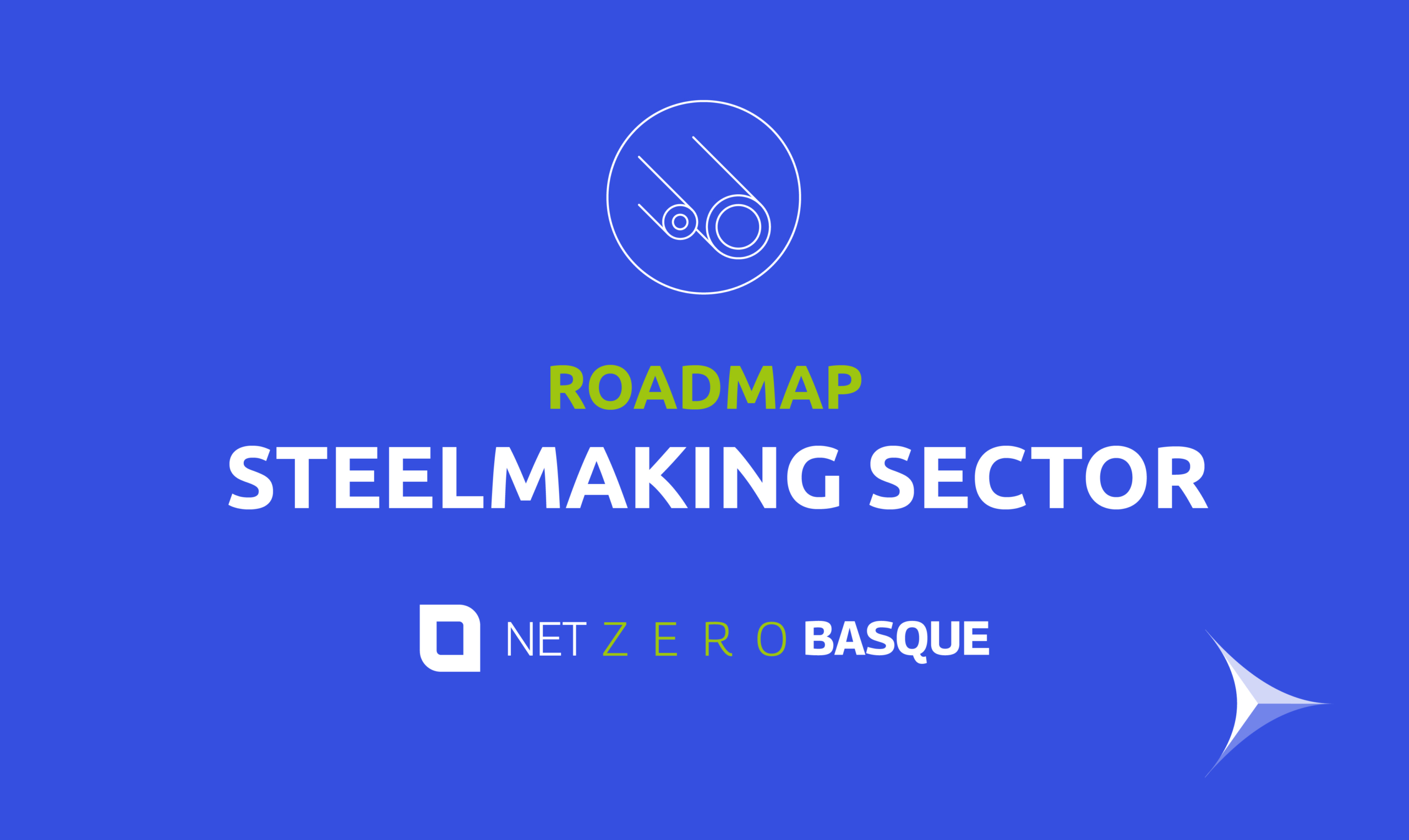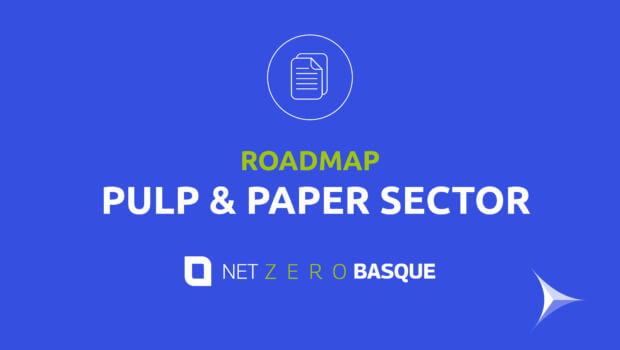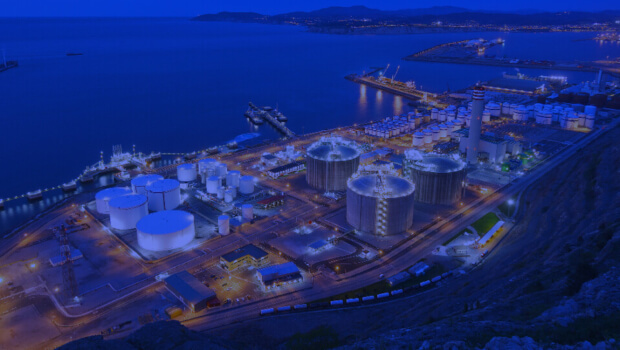Emission-free steelmaking: roadmap for the decarbonisation of the Basque steelmaking industry by 2050
The SPRI Group’s Net-Zero Basque Industrial SuperCluster initiative has published 5 roadmaps aimed at achieving net-zero emissions by 2050 in the steelmaking, pulp & paper, cement, refinery and smelting sectors. Those 5 manufacturing sectors account for 68% of the greenhouse gas (GHG) emissions of the Basque Autonomous Community (BAC).
In the case of Basque steelmaking – and after an initial analysis of its energy consumptions and emissions –, the report confirms the need to develop and apply alternative energy sources to natural gas and the commitment to green hydrogen as a potential technological measure to make the processes and their decarbonisation more efficient.
Steelmaking, a high-energy consumption industry
The Basque Country currently has 8 production plants with electric-arc furnaces, one of the production processes with the highest energy requirement of the sector (over 600 kWh/t), along with hot rolling and making seamless pipes using high-grade steel.
Thus, steelmaking consumed a high amount of energy (4,298 GWh) in 2019, with nearly half-and-half use of electricity and natural gas. Consequently, a total of 862 kilo-tonnes of CO2 equivalent were generated between emissions from electricity and fuel, thus accounting for 12% of the total emissions of the industry of the BAC.
Progressive energy transition
The decarbonisation technologies and solutions prioritised in the roadmap are aimed at the progressive transition towards electrification and the use of additional technologies throughout the steelmaking process. Therefore, the Net-Zero Basque Industrial SuperCluster
study proposes acting around three decarbonisation focal points.
First, it establishes the need to develop energy efficiency and circularity strategies. They include, for example, incorporating ultra-high voltage transformers on the production lines to increase productivity and reduce energy losses caused by the current electric furnaces. Their implementation would mean energy savings of around 7 or 8% and a 4% reduction in CO2 emissions.
Another of the proposals is based on exhaust heat recovery from the outlet of the electric arc furnaces. With high potential for energy (around 20 or 30% of the furnace energy input) and emissions (of between 7 and 31 kg CO2/t according to the use) savings, this residual energy can be harnessed for the pre-heating of the scrap metal, electricity co-generation, its use in the air-conditioning systems or to power solid oxide electrolysers to generate hydrogen.
Advancing towards renewable energies
The roadmap establishes a series of actions as regards the electrification of the thermal processes by means of using renewable energy, such as electrical resistance or induction heating, with a reduction of up to a total of 32% emissions of the sector. Replacing natural gas by using other renewables such as biogas should also not be overlooked, as even though it would not lead to any energy savings, it would mean 100% elimination of the direct fumes.
A measure that can also be developed within this third decarbonisation focal point is the deployment of the use of green hydrogen throughout the steelmaking process; that can result in drops of GHG of up to 49% and cost reductions of up to 50% with respect to the estimated electricity prices for 2030.
As regards the measures currently available on the market, the study prioritises improving the shredding of metal scrap, the digitalisation and implementation of artificial intelligence in the processes, and the use of oxy-combustion and the boosting of renewables self-consumption.
Abatement of steelmaking emissions by 2050
According to the roadmap, those three decarbonisation focal points, along with the increase of the renewables in the energy mix, would contribute to the attainment of net emissions of the steelmaking sector as follows:
- 22% reduction of emissions by applying energy efficiency and circularity strategies,
- 11% drop by means of the electrification of the processes and the use of alternative fuels,
- 18% less CO2 emitted thanks to the introduction of green hydrogen as an energy source,
- and the elimination of 50% of GHG by boosting the use of renewables.
The road map towards net zero emissions in the steelmaking industry by 2050 was unveiled in November 2023 during the first meeting of the New Industry Decarbonisation Forum, coordinated by SPRI and organised in conjunction with the ENERGY CLUSTER, ACLIMA, AFV, PAPER CLUSTER and SIDEREX, representing the steelmaking sector. The forum was set up as the gateway between supply and demand for decarbonisation and energy efficiency solutions in order to generate partnership opportunities in this field. You can see the full report by clicking on the following link.



